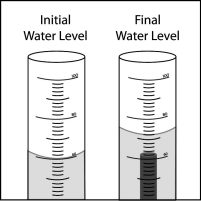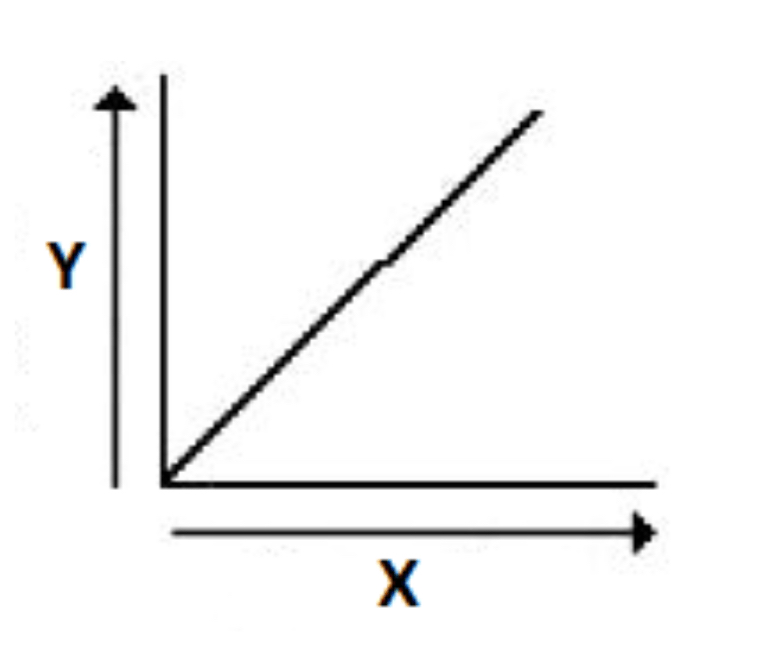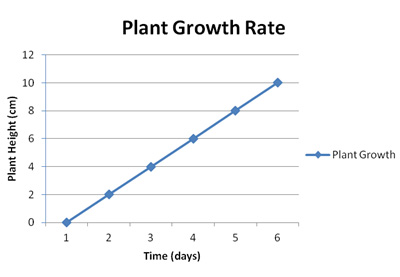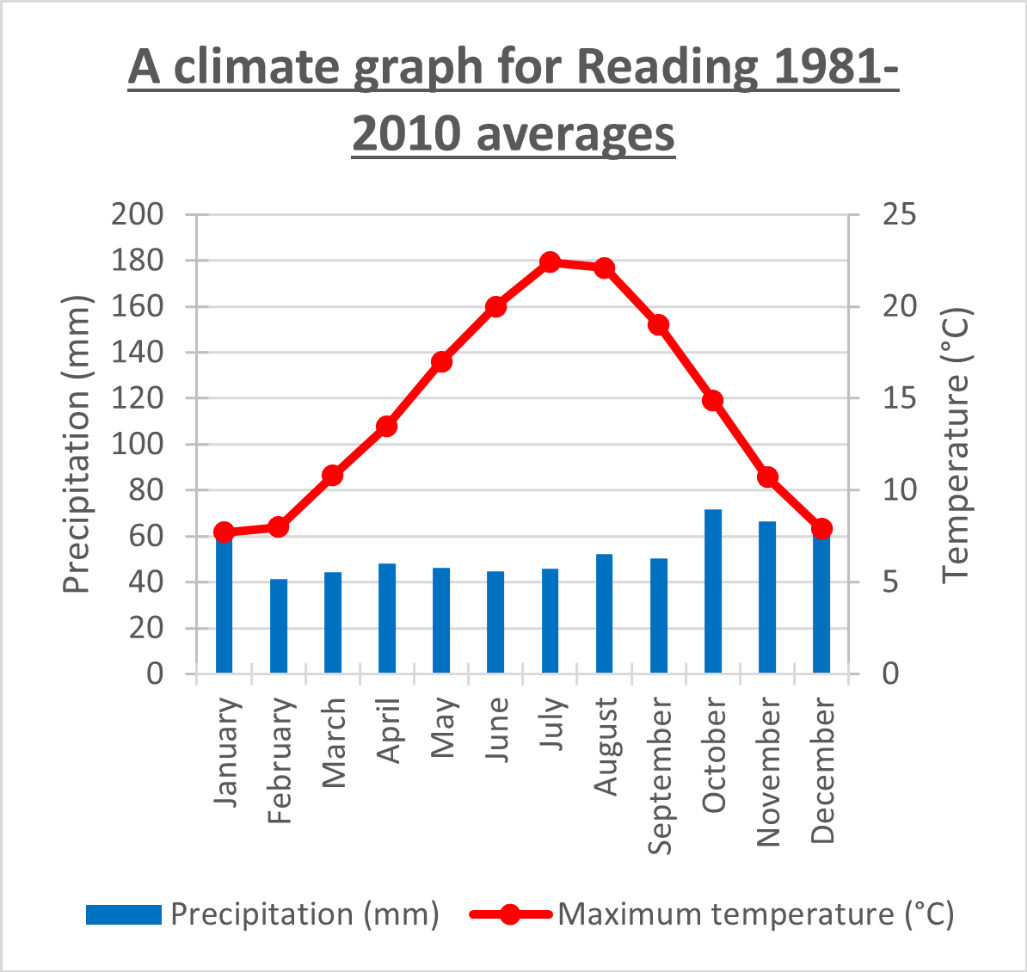What does CER stand for?
Claim, evidence, reasoning!
What five things do you use to make an observation? List them.
Your five senses (sight, hearing, taste, smell, touch)
True or false:
Mass is the amount of matter in a substance. Volume is the amount of space in a substance.
True!
Bonus 100 points: What are the units of mass? What are the units of volume? (Name one for each)
True or false: the independent variable is what is being measured, while the dependent variable is what is being controlled.
False. It’s the opposite way around!
What are the main four spheres of Earth?
Biosphere, atmosphere, hydrosphere, cryosphere
If an object has a density of 3.4 g/mL, and a liquid has a density of 2.0 g/mL.
Will the object sink or float in the liquid?
Sink
True or false: a claim is a clear statement that answers a scientific question
True!
What is the difference between qualitative and quantitative observations?
Qualitative = descriptions/characteristic/qualities Quantitative = numbers.
What is this Triangle? What does it tell you? Name one equation you can get from it.

The density triangle. It tells you equations for density, mass, and volume.
D= M/V
M= V x D
V= M/D
Fill in the blank:
The Independent variable is always plotted along the ______ axis. It is the variable that the experimenter can ______ in the experiment.
The Dependent variable is always plotted along the ______ axis. It is the variable that is being ______ in the experiment.
The Independent variable is always plotted along the x-axis. It is the variable that the experimenter can control in the experiment.
The Dependent variable is always plotted along the y-axis. It is the variable that is being measured in the experiment.
True or False: without the interactions between Earth’s spheres, life would not be able to exist on earth.
True
Calculate the density of an object with the following components:
mass: 10.0 g
volume: 6.3 mL
round to the nearest hundredth
1.58 g/mL
Fill in the blank:
Reasoning should use ___________ to show why the _______ supports the claim.
Reasoning should use scientific principles or concepts to show why the evidence supports the claim.
True or false: observations need to be made up of non-debatable facts.
True
What method do you use to find the volume of an irregular solid? (Hint: you use a graduated cylinder!)
The water displacement method
What type of relationship is shown in a graph when both the x and y variable are increasing?

Direct relationship
Plants release oxygen into the air through transpiration. Which Earth spheres are interacting in this example?
Biosphere and Atmosphere
Round the following to the nearest hundredth
1.6657892
1.67
Read the following paragraph:
A group of plants were placed in sunlight, while another group were kept in darkness for a week. The plants in sunlight grew 3 centimeters in height, were strong and green in color, while the plants in darkness did not grown, were drooping, and turned yellow.
What evidence from the text best supports the claim: Yes, plants need sunlight to survive.
Hold up the letter of the correct answer on your whiteboards.
A) Plants use sunlight for photosynthesis, which allows them to make food. Without sunlight, they cannot produce the energy they need, causing them to weaken and die.
B)The plants in sunlight grew 3 centimeters in height, were strong and green in color, while the plants in darkness did not grown, were drooping, and turned yellow.
C) A group of plants were placed in sunlight, while another group were kept in darkness for a week.
D)The plants in sunlight did not grow, were drooping, and turned yellow.
B)The plants in sunlight grew 3 centimeters in height, were strong and green in color, while the plants in darkness did not grown, were drooping, and turned yellow.
What prediction can you make based on this graph? why?

Global temperatures will continue to increase because of global warming.
How do you know if an object will sink or float in water? When will that object neither sink nor float?
Use numbers to support your answer.
Sinks: when the object’s density is greater than 1.0 g/cm3
Floats: when the object’s density is less than 1.0 g/cm3
Neither: when the density of the object is 1.0 g/cm3
What are the main variables being measured in this graph? label which variable is the independent variable, and which is the dependent variable.

independent: time (days)
dependent: Plant height (cm)
Give one example of how the atmosphere could impact the geosphere.
Keep responses to a sentence
Rain and wind can erode soil and shape land
Calculate the volume of an object with the following components:
mass: 20 grams
density: 0.7 g/mL
Round to the tenths place
28.6 mL
TWO PART QUESTION:
What is this graph about?
Develop a claim about this graph based on the scientific question below: How does the average temperature change with the seasons?

This graph is about average climate data during the years of 1981-2010. (graph's title)
Temperatures in the reading are highest in the summer and lowest in the winter
How are inferences different than predictions?
Keep to one sentence
Inferences can explain what is happening in observations, predictions guess what can happen in the future.
The Length of a regular cube is 6cm, the height is 1.6 cm, and the width is 3.1 cm. The mass of the cube is 101 grams. Calculate the density of the solid to the nearest tenth.
For an extra 100 points: if this cube was dropped into water, would it sink or float? Why?
(hint: what is the density of water? what is the formula for volume?)
Density: 3.4 g/cm3
Since the cube’s density is greater than 1.0 g/cm3, the cube will sink.
What is a prediction you can make based on the trend of this graph?
(trend is the general direction the data is moving on a graph.)

As the years go on, American consumers will spend more money on video games.
An earthquake occurs, causing rivers to overflow, and wildlife/humans to have to deal with floods. Which of the following choices best represents the order in which Earth’s spheres are interacting during this event?
Geosphere -> hydrosphere -> biosphere
Calculate the mass of an object with the following components:
Volume: 2.73 mL
Density: 0.9 g/mL
round to the nearest hundredth
2.46 g